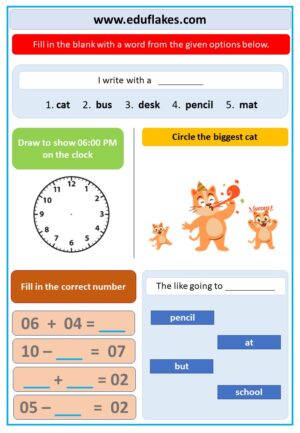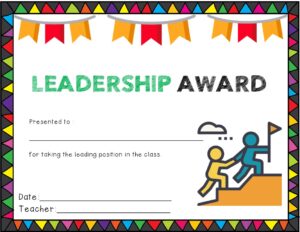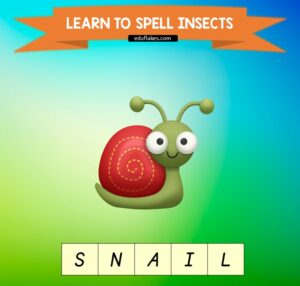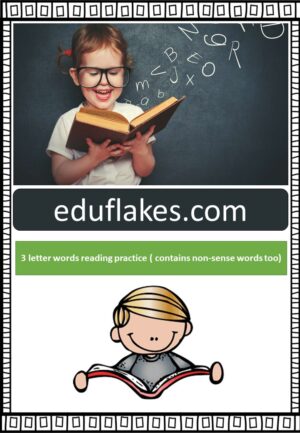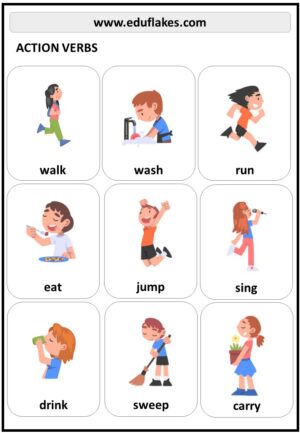Kindergarten assessment sheet pdf free download
Kindergarten assessment sheet pdf free download
Kindergarten assessments play a pivotal role in shaping a child’s educational journey. These assessments provide valuable insights into a child’s development, strengths, and areas needing support. However, conducting comprehensive assessments can be time-consuming for teachers. This article explores the significance of kindergarten assessments, the benefits of using ready-made assessments, and provides practical guidance on what to do and what not to do when implementing assessments in the classroom.
I. The Importance of Kindergarten Assessments
Kindergarten assessments serve multiple purposes, offering valuable information to both teachers and parents. Firstly, they provide a holistic view of a child’s cognitive, social, emotional, and physical development. This information enables educators to tailor instruction and support individual student needs effectively. Secondly, assessments help identify early signs of learning difficulties or developmental delays, allowing for early interventions and support. Furthermore, assessments enable teachers to monitor student progress and measure the effectiveness of instructional strategies, facilitating data-driven decision-making in the classroom. Finally, assessments promote accountability and provide a basis for communication with parents, fostering a collaborative partnership in supporting each child’s growth.
II. The Benefits of Ready-Made Kindergarten Assessments
Utilizing ready-made assessments can significantly streamline the assessment process for teachers. Here are some key benefits:
- Time-Saving: Preparing assessments from scratch can be a time-consuming task. Ready-made assessments, designed by educational experts, provide a structured framework, saving teachers valuable time and effort.
- Comprehensive and Aligned: Ready-made assessments are often designed to cover a wide range of developmental areas and align with educational standards. They ensure a well-rounded assessment, encompassing cognitive, language, math, social-emotional, and fine and gross motor skills.
- Consistency and Reliability: Standardized ready-made assessments promote consistency and reliability in assessing student progress. They offer a benchmark for evaluating performance and growth, enabling teachers to make accurate comparisons.
- Objective and Unbiased: Pre-designed assessments minimize the influence of personal biases or subjectivity, ensuring a fair and objective evaluation of students’ abilities and progress.
- Data-Driven Insights: Ready-made assessments often come with tools for data analysis, simplifying the interpretation of results. These insights enable teachers to identify patterns, target areas for improvement, and make informed instructional decisions.
III. Dos and Don’ts of Kindergarten Assessments
To make the most of kindergarten assessments, educators should consider the following dos and don’ts:
Dos:
- Start Early: Begin assessments early in the school year to establish a baseline and effectively track growth over time.
- Use a Variety of Methods: Employ a mix of assessment methods, such as observations, one-on-one assessments, group activities, and work samples, to gather a comprehensive view of each child’s abilities.
- Individualize Assessment: Adapt assessments to accommodate diverse learners, ensuring that all children have an equal opportunity to demonstrate their skills and knowledge.
- Communicate with Parents: Share assessment results and insights with parents regularly, fostering a collaborative partnership in supporting student development. Provide actionable feedback and suggestions for extending learning at home.
- Focus on Growth, Not Just Achievement: Emphasize the importance of progress and improvement rather than solely focusing on achievement. Celebrate each child’s growth, regardless of their starting point.
Don’ts:
- Rely Solely on Assessments: Avoid using assessments as the sole measure of a child’s abilities. Consider multiple sources of evidence, including classroom observations, student work, and informal assessments, to form a holistic understanding.
- Compare Students: Refrain from making direct comparisons between students, as each child’s developmental timeline is unique. Instead, focus on individual growth and progress, celebrating each child’s achievements.
- Avoid High-Stakes Pressure: Kindergarten assessments should not be treated as high-stakes tests. Create a supportive and low-pressure environment, ensuring that children feel comfortable and motivated to demonstrate their skills and knowledge.
- Avoid Overreliance on Paper-based Assessments: While paper-based assessments have their place, incorporate other forms of assessment, such as observations and project-based assessments, to capture a more holistic understanding of a child’s abilities and learning styles.
- Don’t Neglect the Whole Child: Kindergarten assessments should not focus solely on academic skills. Remember to assess social-emotional development, fine and gross motor skills, creativity, and problem-solving abilities. A comprehensive assessment paints a complete picture of a child’s overall growth.
Kindergarten assessments are essential tools for teachers to understand and support each child’s development. By utilizing ready-made assessments, teachers can save time, ensure consistency, and gather reliable data to inform their instruction. However, it is crucial to approach assessments with a balanced perspective, focusing on individual growth and avoiding comparisons between students. By adhering to best practices, such as starting assessments early, employing diverse assessment methods, and communicating with parents, teachers can create a positive assessment culture that promotes student growth and fosters collaboration between educators and families. Remember, assessments are not ends in themselves but serve as valuable tools to guide educational practices and support the holistic development of young learners.





